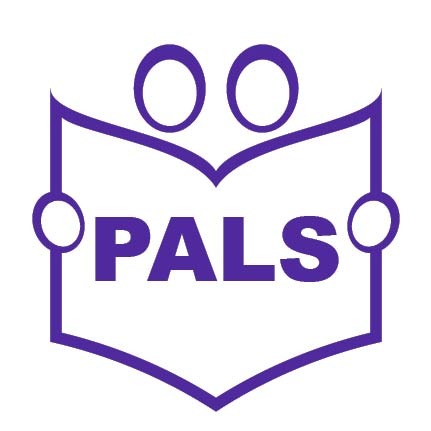- Companies
-
-
 Edmonton, Alberta, Canada
Edmonton, Alberta, Canada
-
- Categories
- Communications Information technology Media Visual arts Education
Achievements
Latest feedback
Recent projects
Low-literacy and Social Inequality
About 58 out of 100 Canadian adults aged 16 to 65 have the basic reading skills they need for most everyday reading. However, the other 42 of the 100 working-age adults in Canada have lower literacy than is needed to cope with the increasing information demands of our society. The unequal distribution of strong literacy skills in society is associated with economic and social inequalities. Therefore, improving literacy skills across social class lines and between ethnic groups and the sexes is paramount to achieving greater equality of income and opportunity. Many with low literacy skills are uncomfortable disclosing their low literacy skills and asking for help. Low literacy has a strong social stigma, especially in the workplace. As the impact of technology in the labour market grows, workers without the confidence and learning skills to adapt may be left behind. Adults with low proficiency are just as motivated and interested in education as those with higher proficiency. However, they are much less likely to access education and training opportunities due to financial and time constraints. Also, Canadians with low proficiency and less than high school education have much less access to employer-sponsored training than Canadians with postsecondary education. How are low literacy skills impacting social equality? What steps can we take to reduce this inequality? What steps can we take to raise awareness among employers, educators, policymakers about the need to create more opportunities for growth for low-literacy adults.
Accounting (PALS)
Maintain Bank statements & Bank Reconciliations; Maintain Invoices received; File & Maintain the Supporting documents such as - Cheque stubs, Related Invoices and receipts; Prepare Cheque Register; Check data for Accuracy; Prepare budgets for various proposals; Assist with financial reporting; File & Maintain the Funding Agreement & reconcile with funds received as per the agreement; Assist in preparing the Schedules at year-end for Audit.
Sustainability Project
P.A.L.S. is a charitable organization that helps adults improve their literacy skills for better employment or further educational opportunities through one to one tutoring and small group work Related SDG(s): No poverty, Quality education, Decent work and economic growth, Reduced inequalities Project: P.A.L.S works with individuals with extremely low literacy skills. Two challenges that arise from this are that 1) individuals with low literacy skills often have difficulty with identifying where literacy impacts their lives. They have often “made do” for so long that they are unaware of some of the challenges they face such as maintaining prescription medications correctly, accessing job information, or understanding a letter from their child’s school. 2) Lack of study skills or knowledge of how to develop them. As you know, learning is hard work and there are specific skills that students learn and develop to support their lifelong learning. With low literacy levels this can be very challenging to do. These two challenges may be addressed individually as two projects or by a single team as one project. Example potential projects could be a visual systems map showing the areas that literacy impacts and/or a visual study skills development resource that helps adults develop effective study skills to support them on improving their literacy skills.
Barriers and learning challenges of low-skilled adults
Adults with low literacy skills may have negative experiences with the formal school system or face such challenges as learning disabilities, low self-esteem, unemployment, or underemployment. Long-term disengagement from education and training, leading frequently to unemployment and inactivity, makes it extremely difficult for them to find training that matches their preference and potential. Ill-equipped with the skills required in emerging jobs and businesses they are likely to be left behind. Despite the numerous advantages associated with undertaking literacy or basic training, low literacy individuals face barriers that often prevent them from moving ahead. P.A.L.S. is a literacy organization that helps adults with low literacy skills work towards improving their reading, writing, speaking, listening, maths and digital skills. The program is offered free to the learners with the help of volunteer tutors through one-to-one tutoring or small group work. By using numerous qualitative research methods, we want to better understand our clients' literacy needs, barriers, and challenges that they face in order to make progress to better educational opportunities or living wage employment. This research will also try to address the extent to which these adults are aware of the current trends in education, training and employment. What are the gaps that need to be filled to engage or provide these adults with opportunities for continuous learning? The qualitative data should be able to speak to the larger audience about the needs, barriers, challenges, and gaps faced by these adults.
